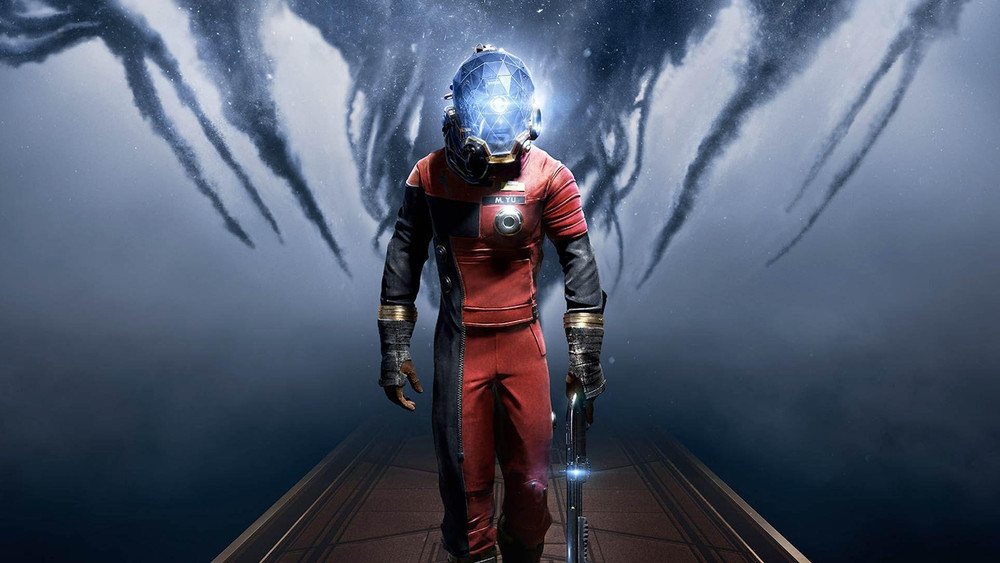But then, just as I had forgotten liking the sandbox principle so much and had gone back to linear games, came Red Dead Redemption.
That’s when I reach for my revolver
Stories in video games are usually a mixed. There’s the occasional, narrative-driven game like Bioshock or Alan Wake to fit my fancy, but most games use their stories just so your character (in these games often called “your dude”) can visit a sewer level and an abandoned hospital in one and the same videogame. Tomb Raider (which obviously doesn’t have a “your dude” but a “your chick”), I’m looking at you. There’s no sense of structure in most games and the nonlinar storyline religion that seems to be dictating the AAA-titles at the moment does more bad than good. “What happens in the end”, people would ask. “Either you sacrifice your dog and live or your dog lives and everyone dies”, you answer. It’s like reading a book where the final chapter is just a label that says “WHATEVER” in big, fat print. We don’t care how it ends, the designers say. And: don’t we all truly make our own life stories? Sigh.
None of this with Red Dead Redemption, which could have actually been the most obvious choice for nonlinearity. But nope. The story missions only have one outcome, and there’s only one ending to the game. It’s refreshing. It feels real. As if it all actually happened, back then, in the Far West. It’s immersive. You’re following the path of your hero, you live, laugh and cry along his side. If the game asks you to kill a bear that’s menacing your son, there’s no way you can cuddle the bear and let your son die and become a pseudo-bear living undercover in the mountains. Fuck that. You kill the bear or you fail. There’s no choice. Just like in real stories. Nonlinearity is a sham anyway: it works great in a pitch, but once you start considering your flowcharts…
Oh, and for those wondering: the game’s about an outlaw being used by the law to kill other outlaws. It’s not very innovating. But the characters are very, very well-written and brought to life by the great voice actors and the awesome look and feel of the world. Which makes it the greatest, most exciting thing ever. I actually grew attached to John Marston and that was a new thing for me in a sandbox video game.
Sandbox 2.0
It seems like the people behind Red Dead Redemption took a step back from “the open game world > all” principle and considered it for a bit. Sure, driving a cab, a police car or what have you is fun. But it all feels pointless and random after a while: as if causing havock is the only reason to keep on playing. In the PS2 generation, this was fresh and thus okay. But by the time GTA 4 arrived, the formula grew old. With Red Dead Redemption, they’ve reinvented what it is that can make sandbox games so fascinating.
Basically, Red Dead Redemption is a sandbox cowboy simulator. There’s a world. There’s things to do. But not just the usual things. Yes, you can steal horses. Yes, you can play the law. But then, a woman gets beaten on the street and you can save her. Or some gringo steals your horse. Or some dude wants you to collect plants with him. The many computer-controlled players the world inhabits don’t feel like computer players anymore. They have needs and problems and seem to slowly come to life. Stuff happens – just like in real life.
Yes, that’s it. Red Dead Redemption is the most alive sandbox game I’ve played to date.
In All…
Red Dead Redemption has a sense of maturity. It feels fresh and new. Its confident story is handled by capable adults who don’t try to please the fans out of uncertainty. Along with Alan Wake, this game shows that games aren’t just a medium for nerds and geeks anymore. We’re slowly crawling out of the niche, invaded by Mass Effect’s extreme science-fiction circlejerk, Final Fantasy’s effeminate emo characters, Gears of Wars’ broheim mentality, Blizzard’s rehashes and parodies or Mario’s stories are for losers principle.
Slowly, games are turning into what they ought to be: meaningful entertainment that stimulates your emotions. That’s where Red Dead Redemption takes the cake. I laughed. I cried. It was tense. It was pretty. And at the end, I felt fulfilled – like after having watched a damn good movie. Because it was so fun to play and so well-written.
Video Games are about emotionally meaningful interactions. And when, after one of the later missions in the game, you ride to your good old ranch while a quiet song starts playing, Red Dead Redemption shows that it gets it.
And it gets its main character when that moment is not the end.



